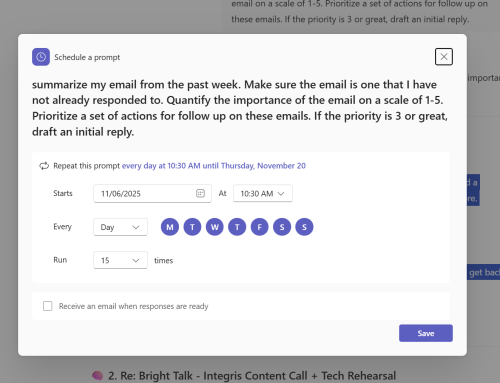Lawyers are trusted by their clients to protect a significant amount of their most confidential information. From negligence claims to custody battles, a huge amount of personal data is stored by law firms in the management of legal cases: not just personal identifying information but medical records, detailed information about clients’ family disputes, wills, financial information, and much more.
Cyber criminals are well aware of how much sensitive personal data law firms hold, which makes law firms prime targets for cyberattacks. In fact, the Law Society of England and Wales has shared that 65% of firms in England and Wales have been victimised by cyber criminals. Due to the amount of information law firms hold, and how attractive this makes them to cyber criminals, it is exceedingly important for law firms to have tight data security measures and to abide by the following best practices to protect the mass of sensitive personal data they hold.
Our TOP 5 Law Firm Best Practices
Implement a Data Security Policy
First and foremost, it is crucial to have a clear, easy-to-follow plan for maintaining data security and to share this with the entire firm. Before getting to the technology side of data security, it is essential that your law firm is ruling out user error by informing all employees of what is required of them to keep data secure.
Continuous Staff Training
Hackers can infiltrate your law firm with social engineering tactics, known as a social attack. This usually occurs through phishing emails, whereby an employee at the firm is tricked into exposing sensitive personal or company information by clicking on a fake link or email attachment. Spear phishing emails are even more worrying – these are phishing emails that are specifically targeted at the victim so in the case of a law firm, could be made to look like they are sent from a criminal court. Training your staff to spot and avoid accidentally opening these emails or clicking on links is imperative to avoid falling victim to these cybercrime tactics.
Use Strong Passwords
Passwords should never contain simple and guessable information such as a family member’s name, birthdays, or a special date. Passwords should also be different for every login. Failing to follow these password guidelines makes it much easier for hackers to bypass passwords and access your firm’s sensitive data.
Encryption
Encryption translates your data into a secret code which requires an exchange of keys for access. This is a simple but highly effective way to make your firm’s sensitive personal data more difficult for hackers to access. Whether the information is in an email, on an internet browser, or saved onto your hard drive, encrypt all documents containing sensitive information to stay one step ahead of cyber criminals.
Create a Disaster Recovery Plan
In the unfortunate event that cyber criminals manage to breach your sensitive data, having a pre-made plan for what to do will be crucial to saving you time and enabling you to act fast to mitigate the breach. According to the Law Society of England and Wales, 35% of firms in England and Wales still do not have a cyber security response plan. To minimise the repercussions of a data breach, avoid being part of this statistic by creating a detailed, step by step plan to be carried out in the event the worst happens.
Pro Drive IT are a Woking-based IT company providing a range of IT services including IT support, IT audits, strategy, and cyber security across Surrey and beyond. Our friendly team provides specialist, bespoke IT services that cover a range of business sectors, budgets, and use cases. Whether you need IT support in Surrey or you are based in London or across the South East, we can help.








